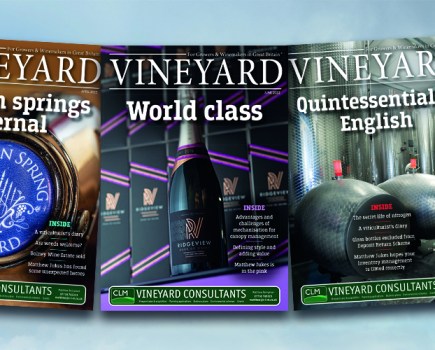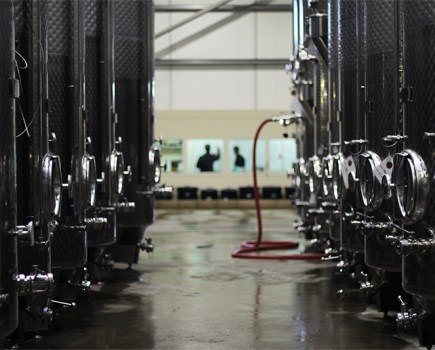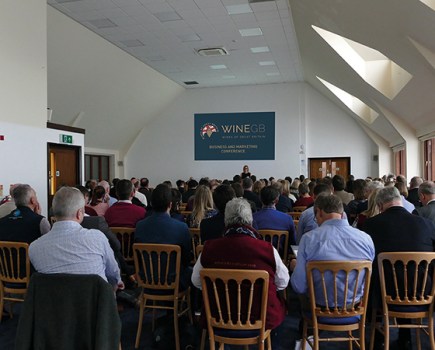On my table at the Wines of Great Britain Awards presentation (see page 16) one topic of conversation couldn’t help but rear its ugly little head… what shall we call English sparkling wine? Britagne, Merret, British Fizz / BritFizz, Original British Method, Micans Vinum, Verve, Albion, Sparklish, Laetus, Lizzy, Celebritain, BritPop, Brubbly, Trafalgar, English, Quintessence, did I miss any?
It has been seven years since Coates and Seely proposed ‘Britagne’ and the age-old question of whether or not we need to find a snappier, trendy name for English fizz, and if so what that should be, continues to rumble on.
Considering the industry is yet to come to a conclusive decision, English (and Welsh) sparkling (and still) wines appear to be doing rather well on the reputation front. So well in fact, the International Wine Challenge’s sparkling winemaker of the year has been presented to someone outside the Champagne region for the first time in the award’s history (see page 14).
A recent survey conducted by a brand agency has again pushed this debate to the fore after it revealed that 60% of consumers indicated that if English sparkling wine had an overarching name, or core identity, like Champagne or Prosecco then more people would buy it.
The Pull Agency unveiled the results of its survey of 1,000 people, which aimed to (tout for new clients through scaremongering?) investigate how British consumers buy and perceive English wine, during a seminar named ‘the wine that dare not speak its name’.
According to the agency, previous attempts to agree upon a name have failed because suggestions were “too frivolous”, lacked a “connection to place or origin”, or evoked a “not invented here” reaction when they were registered by one vineyard.
But this claim ignores the obvious; the industry hasn’t agreed because many argue that there is already a suitable name for it. It may not be one syllable but if consumers can manage to ask for a ‘New Zealand Sauvignon blanc, preferably from Marlborough’, why can they not ask for an ‘English (or Welsh) sparkling wine’.
As a new industry there are far more important issues at hand. Surely energy and efforts should be focused on making the connotation of the words count; reducing the quality gap between producers; deciding on what sets the UK apart from other wine growing areas; getting wines in front of consumers; improving yields and production costs; addressing the excessive duty level; and so on, all before worrying about gimmicky names.
– Victoria Rose



